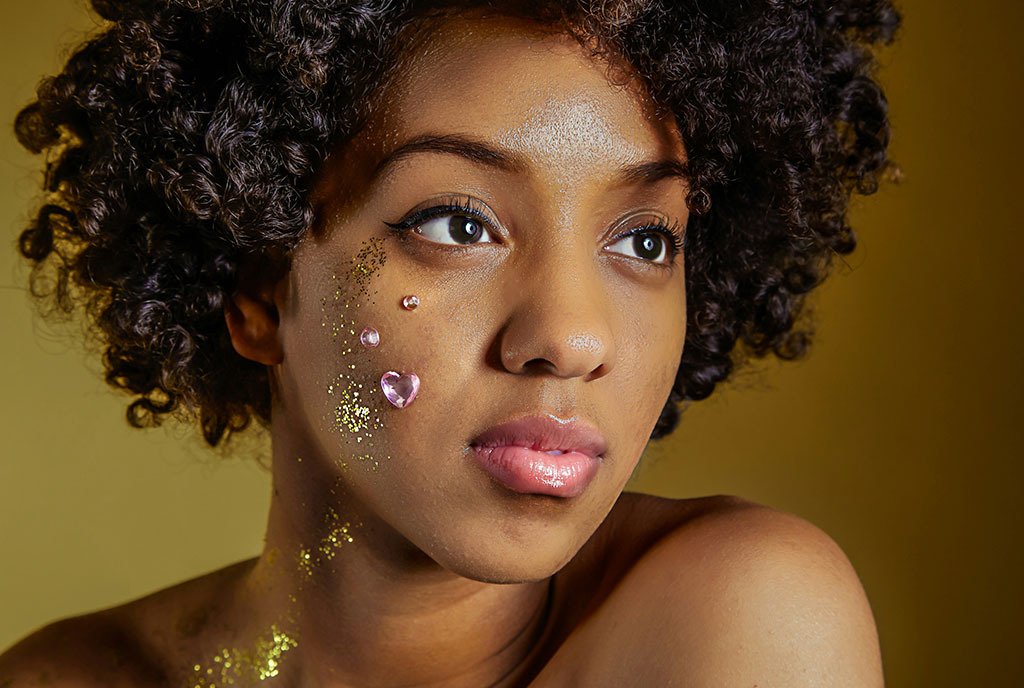
Like Black people themselves, Black hair has historically been policed. During the Atlantic slave trade, one of the first things many slave traders did was shave the hair of enslaved Black people to dehumanize and punish them. In many parts of the South, enslaved Black women were forced to wear headwraps as a symbol of subjugation. During the 18th century, the Spanish governor of Louisiana even enacted a law that required free Black women to cover their hair to remind them of their connection to enslaved Black people.
As time has passed, Black people have continued to face hair discrimination. According to a survey commissioned by LinkedIn and Dove, 25 percent of Black women between the ages of 25 and 34 have been sent home from work because of their hair. Black women with coily or textured hair are more likely to experience discrimination than their counterparts with straight hair. Some Black women have resorted to utilizing chemical products to straighten their hair—despite negative health effects—because they know that it will allow them to be more accepted in their schools and workspaces.
Black people have also continually resisted the policing of their hair. As Majestie Varnado points out, when enslaved people’s heads were shaved, some would find creative ways to still maintain their identity. Some would even use soap or broken glass to carve images like stars or the moon into their hair. When Black women—both enslaved and free—were forced to wear headwraps, they would adorn them to showcase their individuality.
According to a survey…25 percent of Black women between the ages of 25 and 34 have been sent home from work because of their hair.
Black people have increasingly embraced a natural hair movement and combated White European beauty standards. Most recently, Black elected officials have been leading the charge to pass anti-hair-discrimination legislation so that Black people can feel comfortable wearing their hair as they please without fear of discrimination or policing. But even when such legislation is in place, Black people continue to face backlash for their hair.
The Fight Against Discrimination Continues
This year marks five years since California became the first state in the country to pass legislation to protect against race-based hair discrimination. Known as the CROWN (Create a Respectful and Open Workplace for Natural Hair) Act, such legislation has since been passed in over 20 states. Still, ongoing incidents of race-based hair discrimination continue to occur, even in states that have passed legislation against it.
Ongoing incidents of race-based hair discrimination continue to occur—even in states that have passed legislation against it.
Take Texas, for instance. In May 2023, the state enacted its version of the CROWN Act when Governor Greg Abbott signed it into law. By August, however, 18-year-old Darryl George was reprimanded for wearing locs at Barbers Hill High School in Mont Belvieu, TX. George wears his locs in a twisted style on top of his head, but school officials argued that this is still against the district’s dress code. The school district’s dress code states that male students’ hair cannot extend below the eyebrows, earlobes, or top of a T-shirt collar. It also says that hair may not be placed or worn in a style that would cause it to fall to these lengths when taken down.
Sign up for our free newsletters
Subscribe to NPQ's newsletters to have our top stories delivered directly to your inbox.
By signing up, you agree to our privacy policy and terms of use, and to receive messages from NPQ and our partners.
In 2020, the school garnered national attention when it told another Black student he had to cut his locs in order to return to school to participate in graduation. That was before the state instituted the CROWN Act’s protections. George has cited these protections as he has refused to cut his hair. But that has only led him to spend most of his junior year being separated from his classmates—having to attend class in either in-school suspension or an alternative education campus. This treatment of George has drawn immense concern from advocates who note that Black students are disproportionately suspended and funneled into the school-to-prison pipeline.
Since he started being reprimanded for his hair, George says that his mental health and his grades have suffered.
Last month, a Texas judge ruled that the school’s dress code does not violate the CROWN Act, but George’s family continues to contest the ruling. For him, it’s not as simple as just cutting his hair. His hair is a source of cultural pride. For generations, all the men in his family have worn locs, and George has been growing his hair out for the past 10 years. He never encountered any problems before attending Barbers Hill High School.
Since he started being reprimanded for his hair, George says that his mental health and his grades have suffered. His mother, Darresha George, has also been impacted mentally and physically, and has been hospitalized due to stress.
“He was on track to graduate early, and now he is falling behind and will have to work double time just so he can still graduate,” his mother said. Still, George is refusing to give up. He has gained the support of community members, activists, and elected officials like Congresswoman Sheila Jackson Lee, who invited George to be her guest at the State of the Union Address earlier this month.
On March 19, Lee took to the Congressional floor to make a statement, advocating on behalf of George—and other students impacted by discriminatory policies—and urging the Secretary of Education to step in.
“I need the Secretary of Education to help this young man go to his classroom. Save him from this isolation and prison-like atmosphere. Help young Mr. George get an education,” she said.












